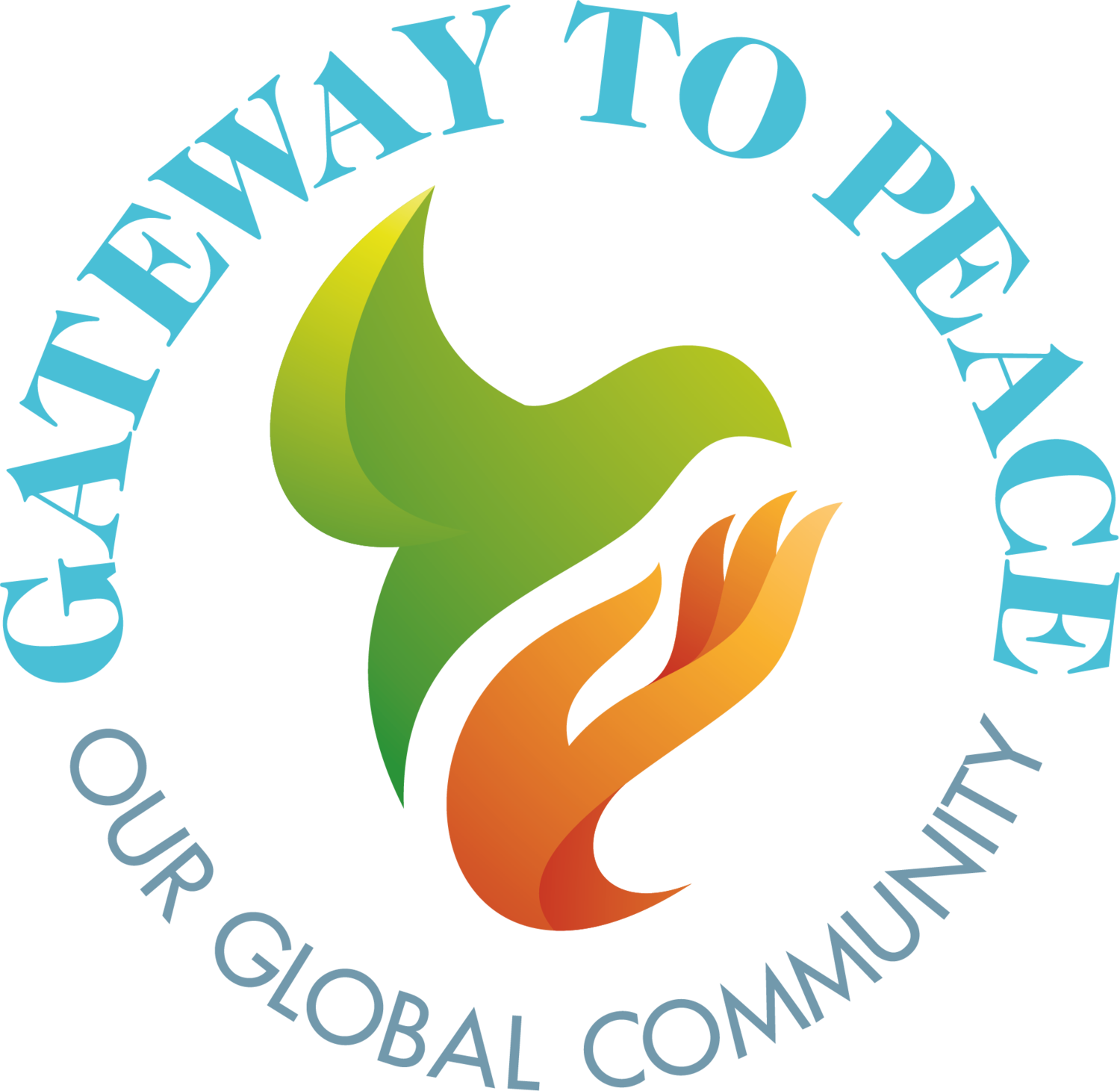


Sustaining Peaceful Societies
Sustaining peaceful societies is a complex, long-term and collaborative process. It encompasses attitudes, values, institutions and structures that create and sustain peaceful societies. This is recognised in the Sustainable Development Goals (SDGs) of the 2030 Agenda and in particular SDG 16.
Prerequisites for Building and Sustaining Peaceful Societies
A Just Order
Justice is the ruling principle of social organisation if humanity is to achieve unity and peace. Justice is the awareness that, in the achievement of human progress, the interests of the individual and those of society are inextricably linked. A concern for justice is the indispensable compass in the collective life of society because it is the only means by which unity of thought and action can be achieved.
A Unifying Model
Establishing a unifying model of governance based on the understanding that we belong to an organic unit called the human family allows for collaborative and inclusive relationships among individuals, communities, and institutions of society rooted in the realization of humanity’s oneness and the understanding that when one part of the organism suffers all the rest of the body will feel its consequence.
Motivated by ideals of justice and unity, every member of society, indeed every component group within society, can trust that they are protected by standards of justice and assured that under the banner of unity and oneness of humanity, every member of society is treated with equal respect and dignity due to all.
Value-Based Systems
A value-based system of governance compliments a just order framed in the principle of the oneness of humanity. Values not only underpin personal behaviour, but also determine decision-making policies and processes which are at the heart of governance.
Relevant human values such as justice, equity, honesty, a willingness to work, a spirit of cooperation and ability to be trustworthy and unbiased are essential for the collaborative process of governance. Translated into a value-based system, such principles ensure humanity’s wellbeing and that of the planet are aligned towards collective prosperity. A Value-based system would ensure policies and processes provide a sustainable structure to end disparities, prevent conflict and reverse climate change.
Consultation
The collaborative process of building consensus through consultation is a framework that can change the dynamics of relationships from divisive methods of force, intimidation or domination to compel people to act in a certain way to one of participation and cohesiveness, thereby building the foundations of unity and peace.
In environments where sects, political factions, conflicting groups and discrimination weaken communities and leave them exposed to exploitation and oppression—consultation, based in justice and unity, is a quality of human interaction that can and should be channelled to foster social cohesion in the political, social and economic fabric of society.





